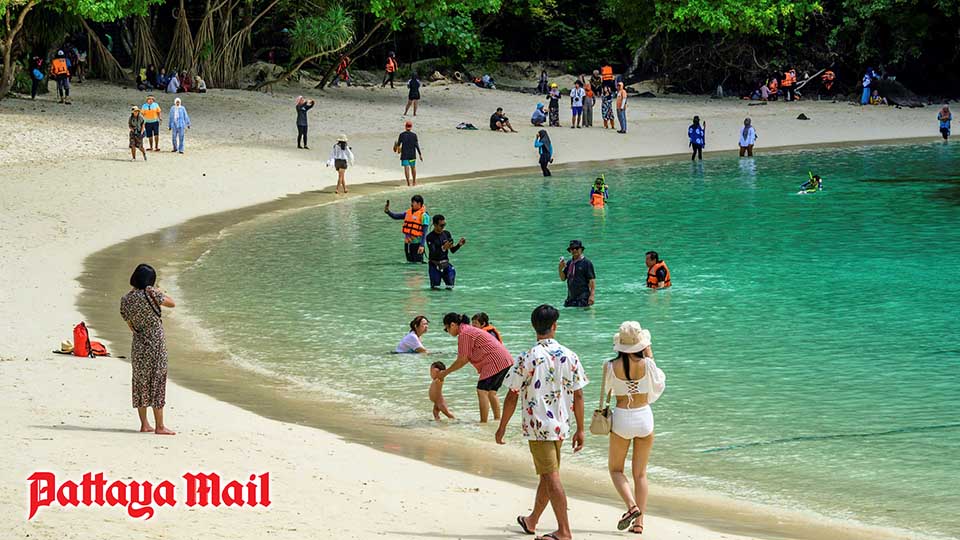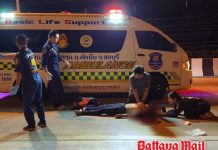
Thailand’s minister of tourism and sports has indicated that the long-heralded 300 baht tourist tax on arrivals has been delayed yet again, this time until January 2022. The reason given is the obvious one: no tourists to tax.
Phiphat Rathchakitprakarn, the minister, said that the tax needed to be collected once foreigners start arriving in big numbers by air, land and sea. In the past the government has justified the idea to offset the awesome costs of foreigners who can’t pay their medical bills.
But in reality only about 10 percent of the US$10 imposition is meant to assist Thai hospitals deal with foreign non-payers. The bulk of the fund would be to develop tourism supply chains, repair facilities popular with tourists and act as a general slush fund for “visitor issues”.
Most other details are also unclear. If the fee was collected at borders and airports on arrival, the queue chaos would be unimaginable in busy periods. In theory, the cost could be included in the cost of an air ticket – just as the departure tax of 700 baht already is – but this would not separate Thai nationals from the vacationing foreigners.
The tiny pot reserved for non-paying foreigners in hospitals is clearly not meant to insure all foreign arrivals. Hospitals are assuming they would have to bid hopefully to the Thai ministry if a particular patient had left them badly out of pocket. No guarantees though. One could well argue that the high cost of treatment in Thai private hospitals already includes a hidden premium for lost income from non-payers.
Nor is it clear why foreigners who are well-insured already should have to pay more. Government advisers say the 300 baht is really small potatoes in any case and would not be noticed. On the other hand, it would be one more financial hurdle to add to rising airfares, the requirement to have Covid insurance, the need to show pre-visit health documentation and the cost of the 15 nights’ compulsory quarantine for all.
So far as is known, the proposed travel tax has been given committee approval following a feasibility study by Naresuan University which studied similar taxes in other countries. But the plan has not yet been endorsed by the Cabinet, nor (of course) sent to the Royal Gazette for public consumption. Whether the ambiguous tax is actually implemented next year remains a 50-50 issue as Thailand’s tourist industry remains firmly in the doldrums.





